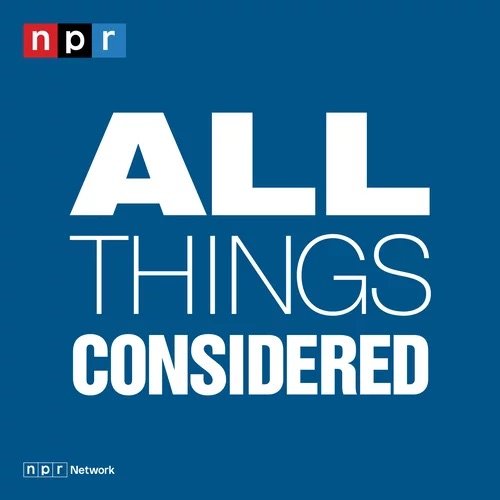ASIA POLITICS
The US is trying to nail down terms with Pyongyang, while 'South Koreans aren't wasting time'
- From sports diplomacy to corporate ventures, Seoul is looking to re-engage Pyongyang.
- South Koreans' opinion of North Korea stood at a record high last month, according to a new poll. Meanwhile, major conglomerates announced task forces dedicated to exploring inter-Korean ventures.
- It's not clear, however, how long the positive sentiment will last.
Published 2:11 AM ET Fri, 13 July 2018CNBC.com
One month since the U.S-North Korea summit, skepticism about Kim Jong Un's commitment to denuclearization still hangs over Washington. But in South Korea, the mood is overwhelmingly optimistic as President Moon Jae-in's government pushes for improved ties with its nuclear-armed neighbor.
From sports diplomacy to corporate ventures, Seoul is pulling out all the stops to re-engage Pyongyang as it builds on the positive momentum sparked by April's inter-Korean summit.
Major conglomerates such as Lotte, Hyundai, Hyosung and KT have announced task forces dedicated to exploring inter-Korean ventures. Meanwhile, a group of South Korean businessmen who operated factories at the defunct Kaesong joint industrial complexin North Korea are seeking government approval to visit in hopes of resuming operations.
Pyongyang and Seoul also agreed last month to jointly improve North Korea’s railways and potentially connect them with the South's. Moreover, the two nations pledged to form joint sports teams for the upcoming Asian Games and recently played a series of friendly basketball matches with one another.
Unlike President Donald Trump's administration, "South Koreans aren’t wasting time defining denuclearization," Jean Lee, Korea program director at research group The Wilson Center, wrote in a note this week. "They are pushing ahead with plans for reconciliation with North Korea — with or without the United States."
Moon has long sought to strengthen bilateral ties through economic development, tourism, and cultural exchange — known as the Sunshine Policy — that will define his legacy. And while his approach has been previously criticized for being too conciliatory, he appears to have robust public support.
According to a poll from the Asan Institute, a Seoul-based think tank, South Koreans' opinion of North Korea stood at a record high last month. Kim’s favorability rating also hit an all-time high, exceeding both Japanese Prime Minister Shinzo Abe and Chinese President Xi Jinping.
"Many experts criticized the U.S.-North Korea summit for its lack of detailed plans" but "South Koreans put more emphasis on the meeting itself," the Asan Institute said in a report detailing the survey results: "Many, like President Trump, viewed the summit as a positive first step to the complete denuclearization of North Korea."
The poll showed that 71 percent of South Koreans considered the June 12 summit between Trump and Kim a success, with only 10 percent expecting Pyongyang to continue developing nuclear weapons.
But maintaining the positive momentum could be a challenge for Moon's team.
"If there is no tangible progress in peace talks and if North Korea fails to follow through with its agreement, it is likely that South Koreans’ opinions will quickly change again," the Asan Institute warned.
Seoul's desire to forge ahead with reconciliation projects could also complicate Washington's negotiations with Pyongyang. As Moon expands his charm offensive, the world's largest economy is looking to press Kim's government on the logistics of denuclearization.
"The more protracted the U.S.-North Korean negotiations, the more potential for a gap between Washington and Seoul on North Korea policy as South Korea makes moves to lift its sanctions to allow for economic partnership," said Lee.






















